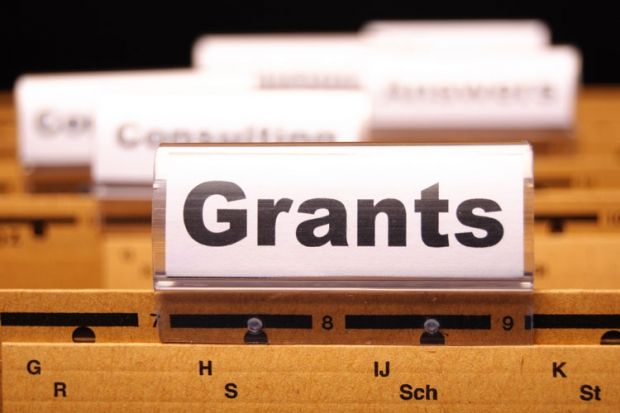National Institute for Health Research
Health Technology Assessment Programme
- Award winner: Judith Mary Stephenson
- Institution: University College London
- Value: £726,557
Improving the acceptability and uptake of LARC to young women
- Award winner: Thomas Hiemstra
- Institution: University of Cambridge
- Value: £1,383,941
Survival improvement with cholecalciferol in patients on dialysis – the SIMPLIFIED registry trial
Health Services and Delivery Research
- Award winner: Russell Mannion
- Institution: University of Birmingham
- Value: £152,257
Understanding employee whistleblowing in healthcare
Chemoxy International
- Award winners: Roslyn Bill and Karen Wilson
- Institution: Aston University
- Value: £105,842
Exploring a tandem bio-chemo catalytic approach to the sustainable production of high-performance coating additives from glucose
Leverhulme Trust
Research Project Grants
Sciences
- Award winner: Nathan Mayne
- Institution: University of Exeter
- Value: £235,677
Examining cloud induced variability in brown dwarfs
- Award winner: Karen Halliday
- Institution: University of Edinburgh
- Value: £122,897
cpRNA proteins: novel candidates for environmental control of photosynthesis
- Award winner: Claudia Clopath
- Institution: Imperial College London
- Value: £98,351
Receptive field development through synaptic plasticity
Economic and Social Research Council/Department for International Development
ESRC-DFID Urgency Grants
In response to the migration crisis the ESRC is providing £1 million to support UK social scientists to conduct research with migrant and refugee populations who have entered Europe across the Mediterranean
- Award winner: Simon Robins
- Institution: University of York
- Value: £158,196
Missing migrants and deaths at the EU’s Mediterranean border: humanitarian needs and state obligations
- Award winner: Elisabeth Kirtsoglou
- Institution: Durham University
- Value: £143,546
Transitory lives: an anthropological research of the migration crisis in the Mediterranean
In detail
Award winner: Elspeth Guild
Institution: Queen Mary University of London}
Value: £131,064
Documenting the humanitarian migration crisis in the Mediterranean
Despite the urgency of the migration crisis – nearly 2,000 people have died trying to cross the Mediterranean since the start of 2015 – and the attention that it has received, little is known about migrants’ experiences. Agencies hold quantitative records on arrivals in Italy, yet no database exists that offers a comprehensive picture. Consequently, society lacks thorough understanding of questions such as: who are the migrants?, where do they seek to go? and how are they governed along the way? This project will find answers and in doing so, untangle the category of “mixed migration” flows – the prevailing means to describe the experiences and governmental practices associated with migrant journeys. Understanding this is crucial for the development of an effective response to the crisis. The team will build a database offering a quantitative and qualitative picture of migrants and the ways they are governed en route.
Register to continue
Why register?
- Registration is free and only takes a moment
- Once registered, you can read 3 articles a month
- Sign up for our newsletter
Subscribe
Or subscribe for unlimited access to:
- Unlimited access to news, views, insights & reviews
- Digital editions
- Digital access to THE’s university and college rankings analysis
Already registered or a current subscriber?
